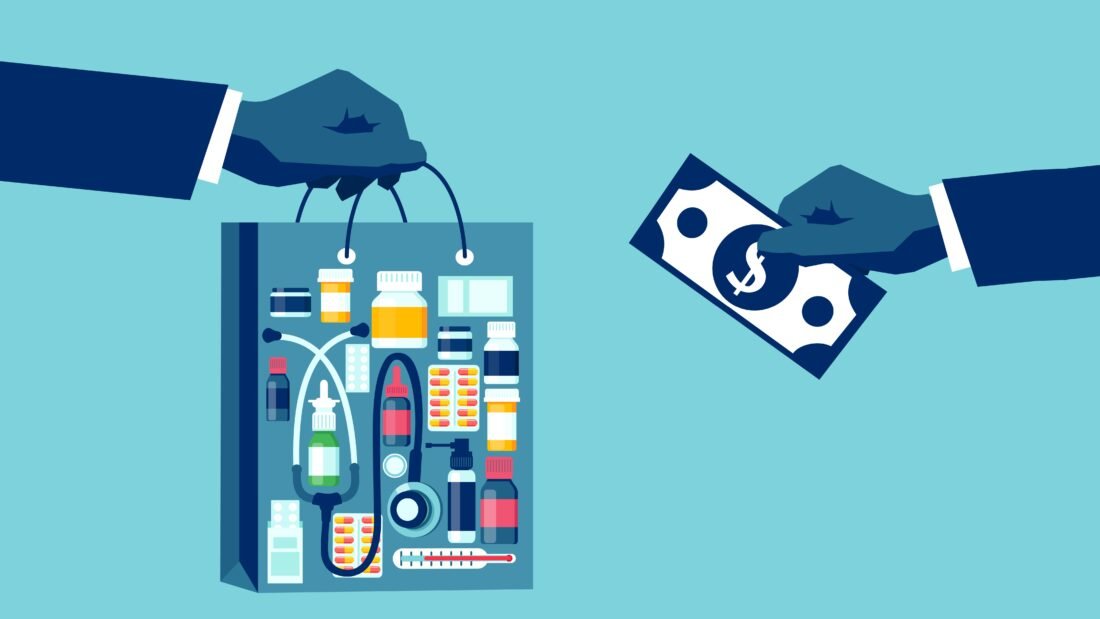Privatized healthcare is discriminatory, and those who are unable to attain it will see many disadvantages arise.

On Jan. 30, NDP leader Jagmeet Singh requested an emergency debate regarding the state of public healthcare within Canada. As a result, the contentious debate on privatized healthcare has once again become prevalent amongst Canadians.
The NDP’s response follows Ontario Premier Doug Ford’s announcement that his government is moving some procedures to publicly funded, private facilities to attempt to tackle the growing wait-list for surgeries, which has dramatically increased during the COVID-19 pandemic. Provinces like Alberta and Saskatchewan have already made similar moves.
New developments from the healthcare discourse include an overwhelming pressure to finalize an agreement by multiple provincial governments, including Saskatchewan, to expand for-profit healthcare.
However, there are several problems with privatized healthcare.
Not only will private branches appeal to medical professionals with their competitive salaries, but there is also more opportunity for wage increases within these branches as opposed to public institutions where increases are capped at one per cent annually. For medical staff who are already dramatically underpaid, it is understandable that they may seek out proper compensation for their work, but this most likely will increase wait times for those who depend on public healthcare due to limited staff and equipment.
According to Singh, in a statement to the Canadian Press, “Healthcare is already dramatically understaffed, and for-profit facilities will poach doctors and nurses – cannibalizing hospitals, forcing people to wait longer in pain and wracked with anxiety.”
Privatized healthcare disproportionately affects groups that are marginalized. According to the Canadian Income Survey, a significant amount of Canadians living in poverty in 2018 were people with disabilities (16.6 per cent), recent immigrants (26 per cent), and Indigenous people living off-reserve (19.5 per cent). The poverty rate for single women (aged 18-64) was at 36.7 per cent.
Coincidentally, these groups are the ones who rely on public healthcare the most, and who will face the biggest drawback with the implementation of private health service providers.
This isn’t just a womens’ issue or an issue for people with disabilities – or even just an immigrant issue; this is an issue that affects us all.
Even if this may speed the process for people who can afford private healthcare, it’s morally questionable to choose that route because you’re willingly allowing those who cannot afford such services to have reduced access to life-saving public resources. Perhaps it’s excusable if you’re in excruciating pain and absolutely need the procedure, but if others follow suit over less pressing procedures, the sustainability of the public healthcare system derails.
A more clever approach would be to expand and reinforce the public system, not undermine it. Canada spends more than $300 billion annually on healthcare, which is about 13 per cent of our GDP. However, the expansion of the public system should not be on the shoulders of Canadians — general tax revenues already fund more than 70 per cent of healthcare spending.
There are other options available, ones that don’t dig into the pockets of Canadians. For example, public spending could be reallocated, and even if a fragment of those funds were designated to healthcare, the CHT escalator – which governs how fast the federal health funding increases yearly – could be increased to accurately reflect the growth rate of health spending.
Federal Health Minister Jean-Yves Duclos assures, along with his Liberal government, that people will not use their credit cards for health-care services and health care will remain universally public.
Realistically, at the end of the day, privatized healthcare is inevitable. Canada has been Americanized in many different ways and it is only a matter of time until our “free” healthcare, something that defines us, is tarnished. My advice – don’t be as hopeful as the NDP, and start applying for credit cards.
Leave a Reply